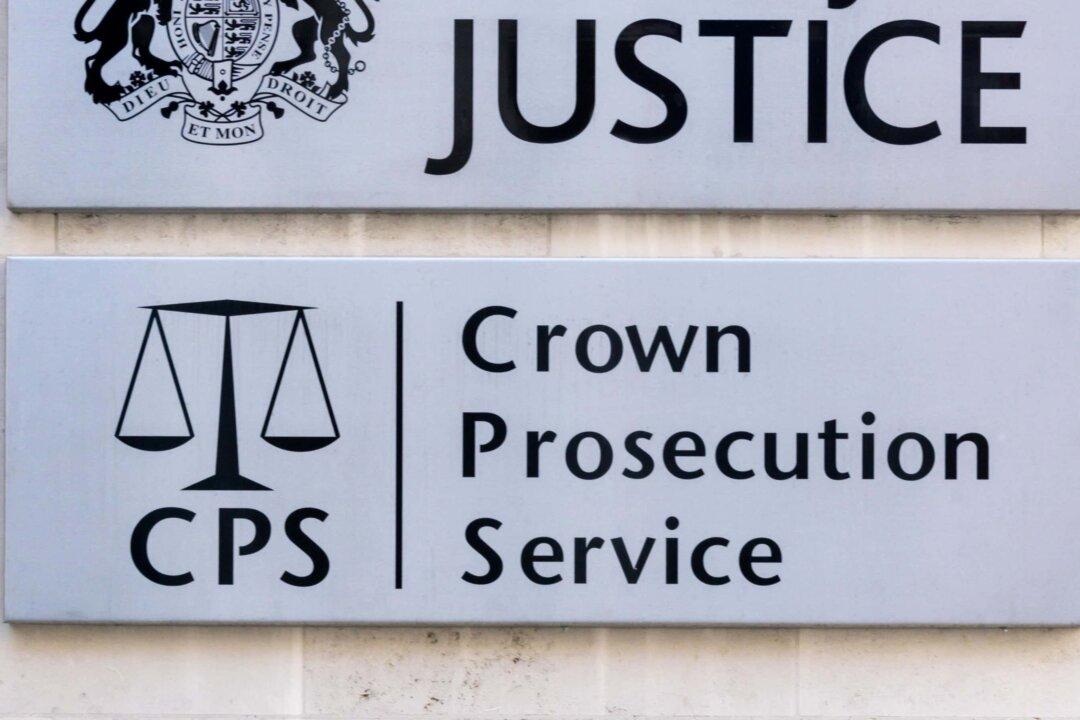Almost half of the Crown Prosecution Service’s (CPS) response to complaints have been substandard, a watchdog has found.
His Majesty’s Crown Prosecution Service Inspectorate (HMCPSI) said on Wednesday that the CPS has until December next year to make “substantial improvement” to the “disappointing” quality of the letters.





